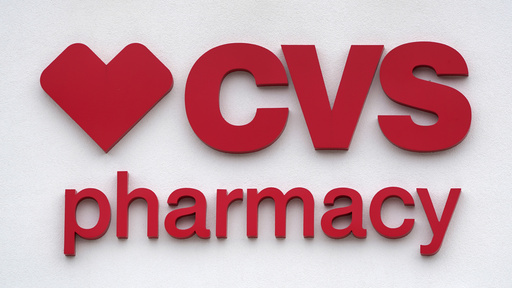
On Wednesday, the Justice Department released a civil lawsuit claiming that CVS Pharmacy Inc. and several of its subsidiaries dispensed “unlawful” prescriptions, which allegedly breached the federal Controlled Substances Act.
The filing also accuses CVS of seeking reimbursements from federal health care programs for these prescriptions, contravening the False Claims Act. CVS stands as the largest pharmacy retailer in the United States, boasting over 9,000 locations.
In response, a CVS spokesperson indicated that the company has been cooperative with the Justice Department’s inquiry for over four years and expressed strong disagreement with the accusations, describing the complaint as a representation of a “false narrative.”
According to the prosecutors, CVS allegedly dispensed unlawful prescriptions from October 17, 2013, to the present, which included excessive and dangerous quantities of opioids, early refills of such medications, and “trinity” prescriptions. These trinity prescriptions are defined as a harmful mix of an opioid, a benzodiazepine, and a muscle relaxant.
Moreover, the complaint alleges that CVS filled substantial amounts of prescriptions for controlled substances from prescribers known to engage in “pill mill practices,” referring to those who write numerous prescriptions without legitimate medical reasons.
The complaint claims that CVS neglected significant evidence from various sources, including feedback from its own pharmacists and internal records, which indicated that its pharmacies were dispensing these problematic prescriptions.
U.S. Attorney Zachary Cunha for the District of Rhode Island stated in a press release that the lawsuit accuses CVS of failing to perform its vital role as the gatekeeper of dangerous prescription opioids, thereby enabling the illegal distribution of these highly addictive substances, especially from pill mill prescribers.
Should CVS be found liable, the company may incur civil penalties for every unlawful prescription filled, as well as triple damages and other fines for each prescription reimbursed by federal programs.
CVS insists that it will vigorously defend against this federal lawsuit, which follows extensive litigation by state and local governments on these matters, many of which have been largely settled through a comprehensive agreement with participating state Attorneys General, as noted by Amy Thibault, CVS’s director of external communications.
Thibault emphasized that each contested prescription was for an FDA-sanctioned opioid, written by a licensed practitioner as authorized by the government.
This lawsuit follows closely after a recent announcement that McKinsey & Company has consented to pay $650 million to settle allegations linked to its assistance to Purdue Pharma in promoting the sale of the addictive opioid OxyContin.
This recent initiative is part of ongoing efforts by federal prosecutors to hold accountable entities that have allegedly contributed to the U.S. addiction and overdose epidemic, which has resulted in over 80,000 deaths annually in recent years. While a majority of these fatalities are now connected to illicit fentanyl found in illegal drugs, earlier in the crisis, prescription medications were a major factor.
Over the past eight years, various pharmaceutical manufacturers, wholesalers, and pharmacies have consented to settlements amounting to around $50 billion with governmental bodies, with the majority of funds mandated to be used for tackling the ongoing crisis.

